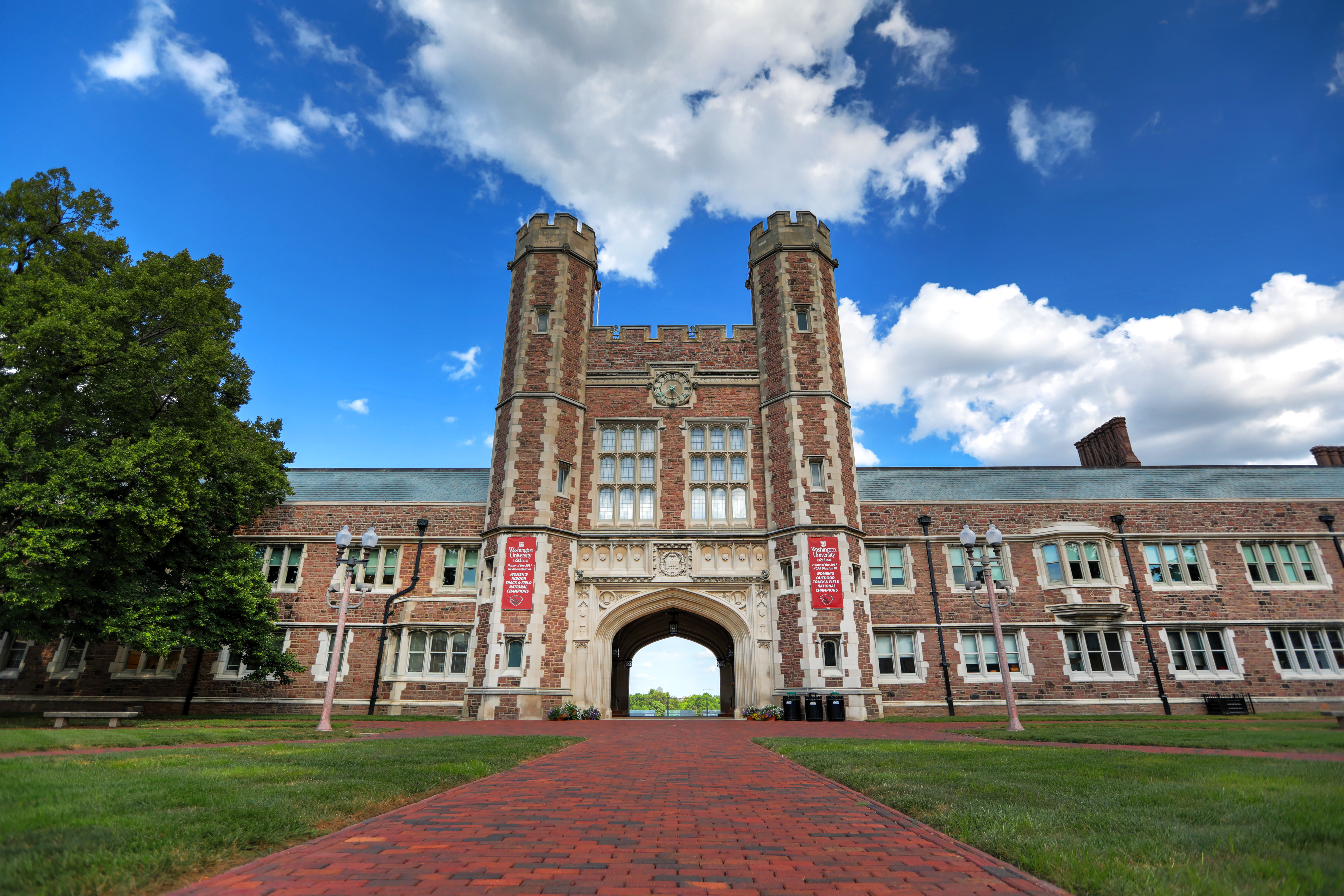Canceled. This news arrives in high school students’ inboxes faster than sand falls through their bored younger siblings’ fingers as they sit alone in backyard sandboxes. Beyond canceled proms, students face canceled summer internships, mission trips, choir and music concerts, travel, championships, and educational opportunities. It feels as if their life has been canceled. Being cooped up exacerbates the feelings of loss in the wake of the coronavirus.
In addition to standardized tests, students seeking spots at selective colleges expected to spend this spring and summer engaged in meaningful activities to improve their resume before applying to college next fall. Enduring tests and preparing competitive applications are stressful enough, even in good times. Applying to college with a seemingly gaping hole in their spring and summer fuels anxiety, leaving many feeling powerless and defeated.
Colleges and universities will grapple with applications that likely will look different – perhaps a lot different – than in years past. While it is not clear how colleges and universities will address the practical impact of the pandemic on the high school class of 2021 and even beyond, students also need to consider the impact, too. It would be easy if colleges asked, “What would your resume have looked like if the pandemic did not happen?” Students could list all of the activities for which they signed up or were selected before the pandemic.
But what if colleges asked, “What did you do instead?” For many, “plan B” is simple…more screen time. Most teens will binge-watch movies and television series, play online videogames with friends, and share the latest memes to keep their spirits up. These seem like easy default choices for teens tethered to their homes and a distraction from thoughts about what they won’t be doing this spring and summer.
Rather than stressing over what will be missing from their application, students could take their cue from teens who don’t give up, even in difficult situations. For example, students from the Marjory Stoneman Douglas High School in Parkland, Florida, refused to be defeated or left powerless, even in the wake of devastating loss and sadness. They rose up and took action, and teens can do so now.
Some teens have begun to view the unexpected free time at home as an opportunity. They are leaning into their passions, interests, and skills to improve the community while staying safe. And, it’s not complicated. For example, Campbell MacKenzie, a high school junior, spent a week last summer on a medical and humanitarian mission in Mexico. So inspired by the experience, she developed a teen group to raise money for medical supplies for future missions. While the missions this spring and summer are canceled, her efforts to raise money for supplies haven’t stopped; she is just doing it differently. After making a “sunshine cake” to brighten her grandmother’s spirits, she began baking and selling her cake creations to raise funds for medical supplies for future missions.
Others have found alternative ways to continue their service activities. Ryan Vakil, a first-generation American student, combined his obsession with shoes and his passion to help the refugee community two years ago by creating From Hearts to Soles, a nonprofit organization that collects and donates shoes to refugees. From his new “home office,” he is recruiting friends through social media to collect shoes for his next shoe drive, even if the donation will have to wait. As families clean closets and bookshelves, Akshay Sachdeva, a ninth-grader who loves to write, is organizing a book drive. His goal is to donate the books to schools where students are receiving meals, allowing kids to go home with a book along with a meal. Others are offering free virtual tutoring and arranging virtual “parties” with friends to write letters of gratitude to service personnel, first responders, and healthcare personnel.
Beyond building up resumes for college applications, helping others has many benefits – students likely will feel a sense of purpose and appreciation, while also redirecting the focus from losses and stress to something more positive. Volunteering also can help students develop leadership and social skills as they recruit others to help out, even virtually. The stay-at-home orders can inspire ingenuity and creativity as students find ways to make a difference in the community.
In addition to community service, some kids are using their new-found time to dive into current academic interests and discover new academic passions. According to Business Insider, Harvard, Yale, Princeton, MIT, and other leading universities provide free or very low-cost classes in wide-ranging subjects, including biology, environmental science, business, computer programming languages, philosophy, the health effects of climate change, and so much more. While free classes generally do not provide college credit, getting credit is not the point.
While none of us has control over the coronavirus and its devastating impact on the world around us, we have control over our response. It is easy for teens to fall into the trap of focusing on canceled programs and activities, along with spiraling anxiety and depression. Refocusing on what they can control can help them cope with losses, fears, and anxiety about the new normal. For high school students, the unexpected free time opens up opportunities to improve communities and develop themselves in new ways.
Selective colleges and universities offer admission to high-achieving students who have the potential to become changemakers and leaders. So, if colleges ask, “What did you do instead?” the pandemic does not have to define teens’ lives. Instead, they can rise up and take action, even while staying safe. In doing so, they will continue to develop themselves, help others, and give adults hope for the future.
Photo by James Byard/Washington University in St. Louis


